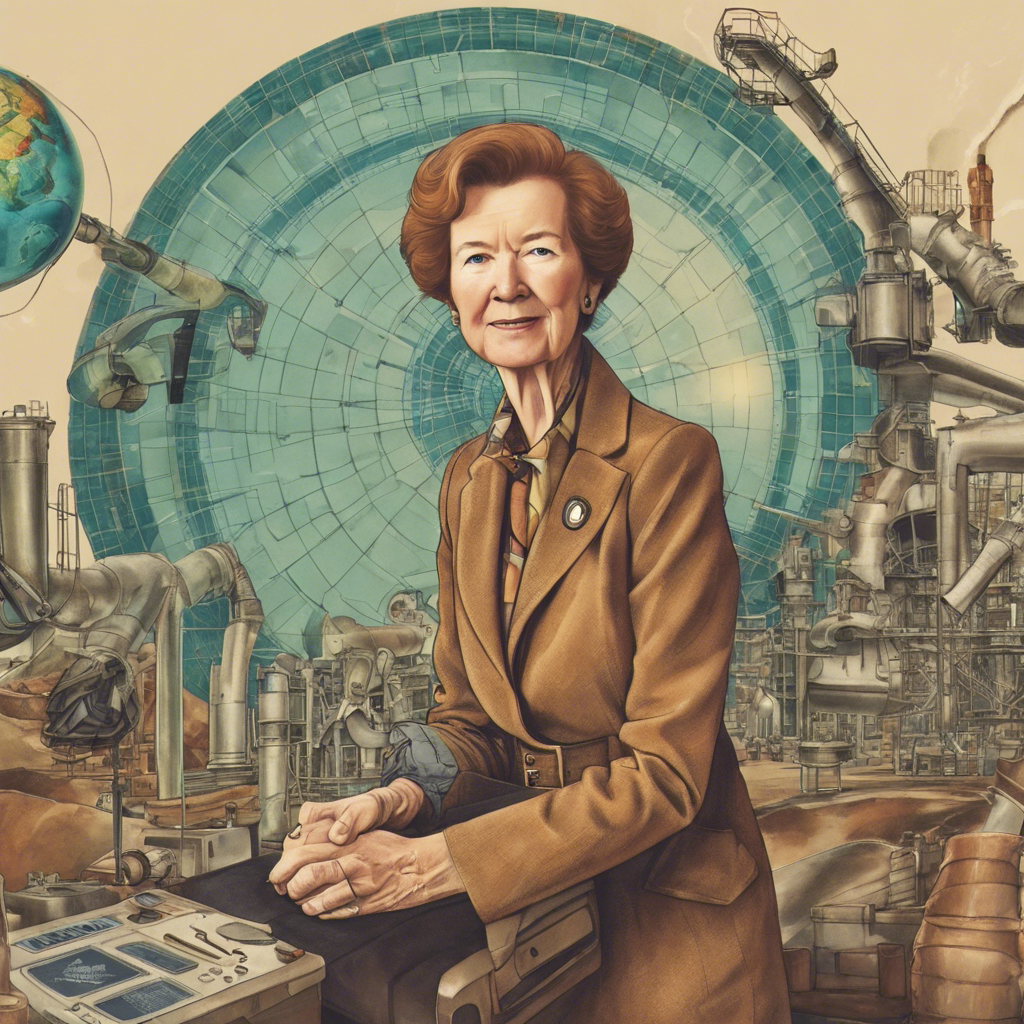Science Communication and the Paradox of Pessimism: Balancing Knowledge and Meaning

The Copernican principle and its impact on science communication
In the realm of scientific advancement, questions once relegated to religion are now being explored by science. However, as science delves into the origins of the universe, life, and consciousness, its communication often presents a pessimistic view of the world. This article examines the paradoxical nature of science communication, where the pursuit of knowledge clashes with human values such as meaning and purpose. By exploring the Copernican principle and its implications, we can better understand the challenges faced by science communicators and the potential consequences for society.
The Copernican Principle:
At the heart of science communication lies the Copernican principle, which suggests that humans are not special observers in the universe. This principle, named after Nicolaus Copernicus, challenges the notion that humans hold a unique position in the cosmos. While scientists may not find this view pessimistic, it conflicts with the values and beliefs that humanity holds dear, such as the search for meaning, purpose, and free will. As a result, science communication often struggles to reconcile these conflicting perspectives.
Paradoxes in Science Communication:
Science communication faces two significant paradoxes. Firstly, it acknowledges a deterministic world without free will, yet urges individuals to choose scientific solutions to combat pressing issues like climate change. Secondly, science reveals that the universe is destined to end in a cold void, devoid of meaning, yet implores us to take action to prevent such a fate. These paradoxes create challenges in convincing individuals to align with scientific arguments, as accepting the scientific view may require relinquishing deeply held beliefs and values.
Science Communication and Beliefs:
While science itself remains impartial to individual beliefs, science communication should consider the impact of its messaging. Health communication provides an example of tailoring messaging to diverse beliefs, recognizing the importance of spirituality and religion in patient care. Similarly, science communication could adopt a more sensitive and anthropological approach, understanding and respecting what individuals value. By considering non-science factors in communication, we can foster a better understanding of science and its potential benefits.
The Opposite Poles of the Debate:
Science proponents often find themselves in a battle against superstition and religion, overshadowing the ultimate goal of using science communication to make the world a better place. Instead of being consumed by this battle, science communicators should adopt a more nuanced approach. By understanding and respecting people’s values, science communication can bridge the gap between scientific advancements and societal impact. This approach can help create a more receptive audience and foster a better understanding of the potential benefits of science.
Conclusion:
Science communication faces the challenge of balancing knowledge and meaning in a world where scientific advancements often clash with deeply held beliefs and values. The Copernican principle challenges the notion of human exceptionalism, creating a divide between scientific views and human values. By adopting a more sensitive and anthropological approach, science communicators can navigate this paradox and foster a better understanding of science’s potential benefits. Ultimately, the goal of science communication should be to bridge the gap between scientific knowledge and human values, creating a more receptive and engaged audience.










